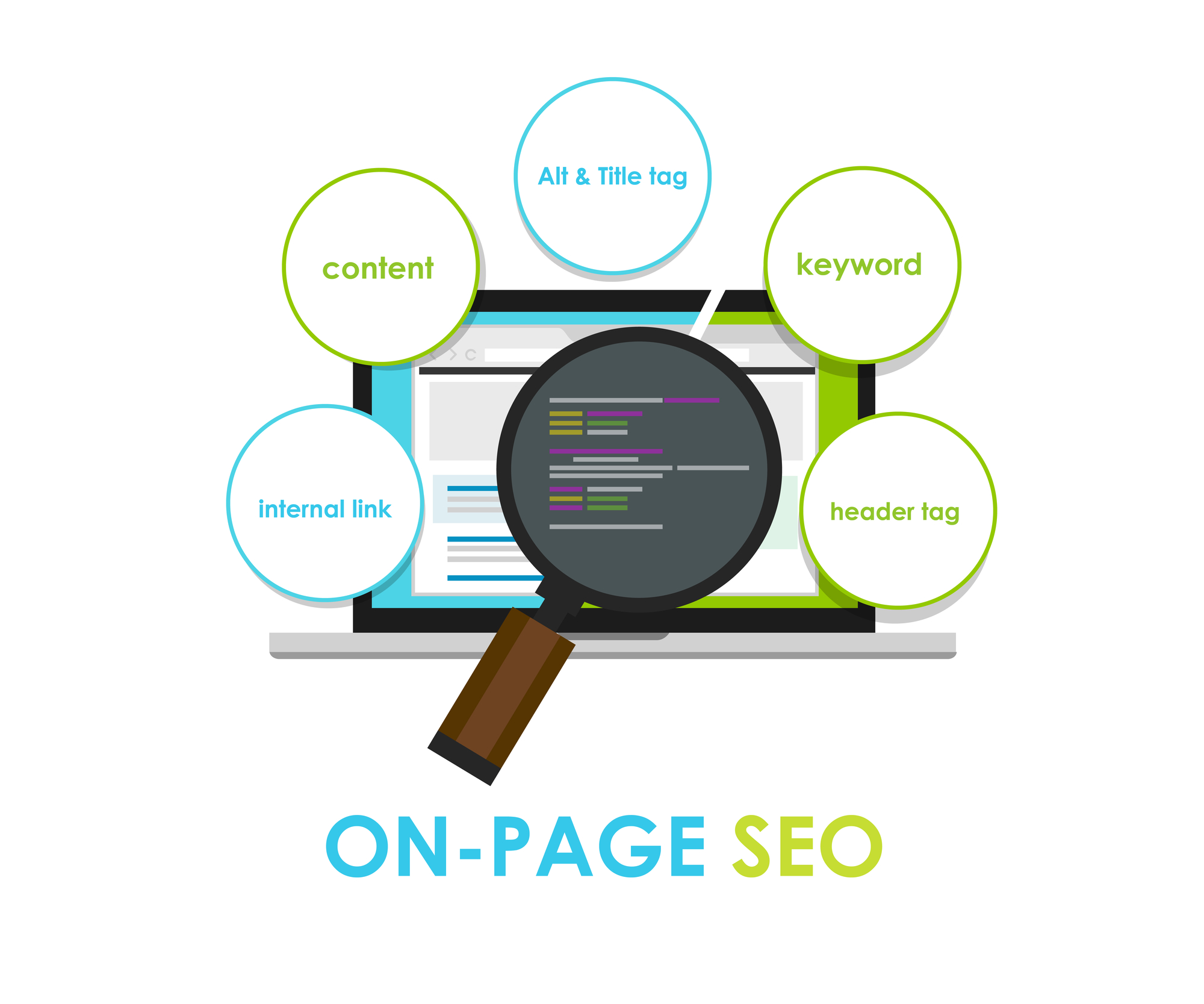Ranking well in major search engine results would mean one thing – a large quantity of targeted, recurring and free traffic. Popular search engines like Google, Yahoo and Bing are powerful enough to provide us with relevant traffic. However, we could achieve this only by ranking high for specific keywords. It is important for us to optimize well for top positions. When typing in any keyword, we often get millions of pages; so it is clear that getting in the first ten positions would be a monumental task. People would normally focus on first few pages of results and not many would venture beyond the third page. So, it is crucial for our website to rank high for our targeted keyword or very few people would find our website at all.
SEO campaign is often about ranking high on Google, but Yahoo and Bing could also give us sizable traffic. Three of them could constitute about 90 percent of traffic, with Google giving us 70 percent or higher. Results in search engines are based on specific algorithms and they are totally pure and unbiased. Search engines could also contain sponsored results and it is a solution for websites that can’t get to the top position. In fact, it can be cheaper to purchase a paid listing on top of the results than paying SEO professionals. However, long-term success could only be achieved if we have genuine, good ranking in the search results. When dealing with search engine, we should focus on for proper optimization.
We should be aware that Google and other major search engines change their algorithm often and it means that we should continuously keep ourselves updated to keep our position. SEO is usually based on two components, off-page optimization and on-page optimization. With on-page optimization, we perform optimizations on our websites, such as domain name, website title, webpage heading, content and keyword density. Off-page optimization is much trickier, but it is largely about getting links from relevant websites. On-page optimizations starts with our domain name and it is important to incorporate primary keywords on our URL. Obviously, basic keyword such as finance and smartphone are already taken; so we should add other words, but the whole URL shouldn’t be more than 35 characters.
Website title is usually a slightly longer description of our domain name. We should keep it as short and concise as possible. Avoid using redundant words, because it would be harder to remember our website. If possible, we shouldn’t use dash and the word “and” in our website title. Good content is also essential for on-page optimization and they would relate directly on the information that we plan to provide to readers. Content is the meat of our website and it is where readers should get they want in terms of text, image and video. Keyword density is essential and primary keywords should comprise about 5 percent of the whole text. Higher than that, it is possible that our website will be penalized.

